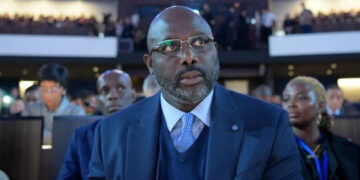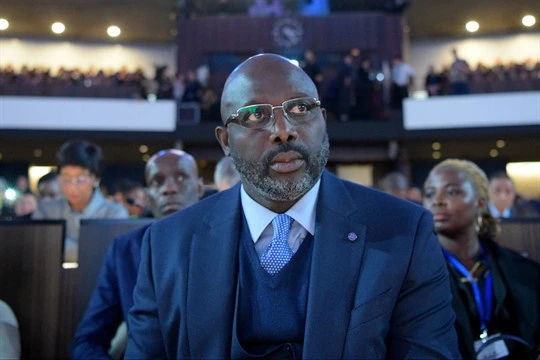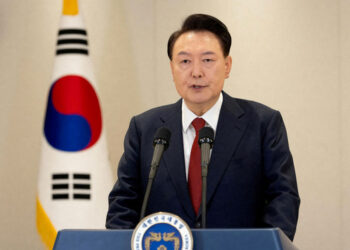Plans by President George Weah to shorten presidential terms and to allow dual citizenship have been rejected by Liberians.
This was made known by the country’s electoral commission while announcing referendum results delayed for months over allegations of fraud.
The West African nation went to the polls in mid-December for a constitutional referendum proposed by President George Weah, 54, who had argued against politicians staying in office for too long.
However, Liberians became suspicious and ultimately rejected his proposal for presidents and lower house lawmakers to serve five years instead of six, and for senators to serve seven years instead of nine.
Rumours surfaced that Weah could use the changes to bid for a third term, despite a two-term limit for presidents.
The concerns arose against a backdrop of democratic backsliding in the region, with ageing presidents changing constitutions in order to get around term limits.
For example, Guinea’s 82-year-old President Alpha Conde won a controversial third term last year after pushing through a new constitution that allowed him to bypass a two-term limit.
Weah, a former international footballer, assumed office in 2018 and is still serving his first term.
Last year, his office denied he would bid for a third term in the future.
Liberia was founded in the 19th century with US support as a home for freed American slaves. Its constitution is modelled on that of the US.
The country is still recovering after back-to-back civil wars from 1989 to 2003 and West Africa’s 2014-16 Ebola crisis. It also suffers from high inflation and regular cash shortages.




































